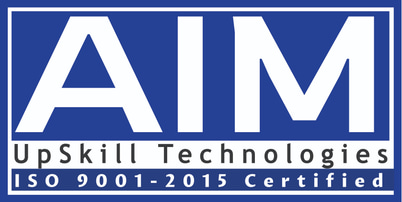aim UPSKILL TECHNOLOGIES
Cloud Computing
Introduction
Cloud computing is the delivery of computing services, including servers, storage, databases, networking, software, and analytics, over the internet ("the cloud"). It offers on-demand access to resources, enabling scalability, flexibility, and cost-efficiency, without the need for managing physical hardware.


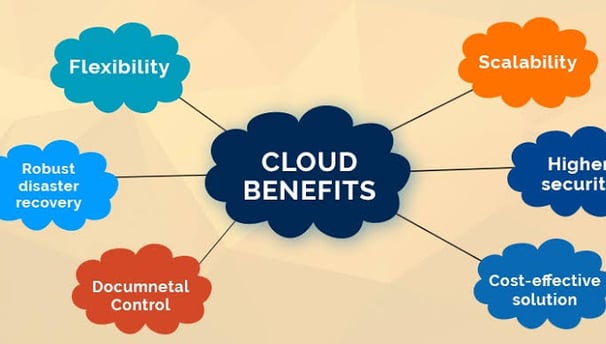

Who can Learn Cloud Computing
Anyone with an interest in technology and a willingness to learn can pursue cloud computing. However, some basic knowledge and skills can make it easier to grasp the concepts:
Eligibility to Learn Cloud Computing:
Beginners:
No prior experience is necessary for entry-level courses.
A basic understanding of computers and the internet is sufficient.
Students and Graduates:
Ideal for students pursuing or holding degrees in computer science, IT, or related fields.
Familiarity with basic programming, databases, or networking is helpful.
IT Professionals:
Those with experience in software development, system administration, or IT support can transition into cloud computing roles with specialized training.
Career Changers:
Professionals from non-technical backgrounds can also learn cloud computing by starting with beginner-friendly courses and gradually building their skills.
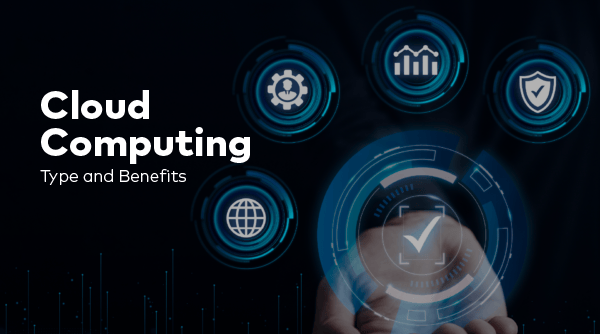

Cloud Computing Courses
Linux
Linux is an open-source operating system (OS) kernel that's used in many devices. It's considered to be reliable, secure, and worry-free.
Features:
Open source: Linux is distributed under an open source license, which means users can run, study, and redistribute the program
Compatible with other languages: Linux programming is compatible with C++, Perl, Java, and other programming languages
Secure: Linux can be updated with security vulnerability fixes without downtime
Scalable: Linux can be used to automate IT processes and management tasks
Course Duration: 45 Days
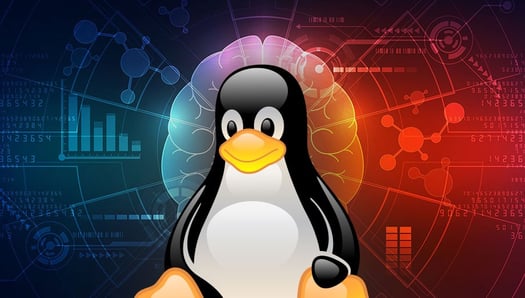

AWS
Amazon Web Services, Inc. (AWS) is a subsidiary of Amazon that provides on-demand cloud computing platforms and APIs to individuals, companies, and governments, on a metered, pay-as-you-go basis. Clients will often use this in combination with autoscaling (a process that allows a client to use more computing in times of high application usage, and then scale down to reduce costs when there is less traffic). These cloud computing web services provide various services related to networking, compute, storage, middleware, IoT and other processing capacity, as well as software tools via AWS server farms. This frees clients from managing, scaling, and patching hardware and operating systems.
Course Duration: 45 Days
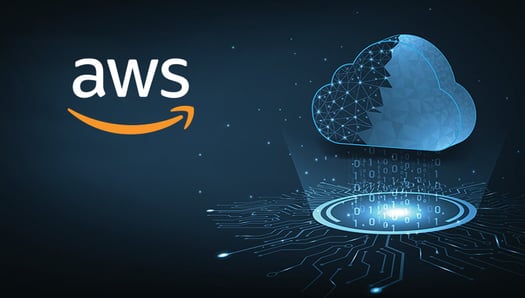

Microsoft Azure
Microsoft Azure is a cloud computing platform that offers a variety of services, including virtual machines, database services, and AI applications.
Services:
Azure Kubernetes Service (AKS): A hosted Kubernetes service that helps developers build and deploy cloud-native apps
Azure Virtual Machines (VMs): Offers networking capabilities and services like virtual private networks (VPN), public and private IP addresses, and network security groups
Azure AI Foundry: A generative AI application development platform
Azure Cosmos DB: A multi-model database service that is distributed globally
Azure Virtual Desktop: A remote desktop service that combines the benefits of Azure and Microsoft 365.
Course Duration: 45 Days
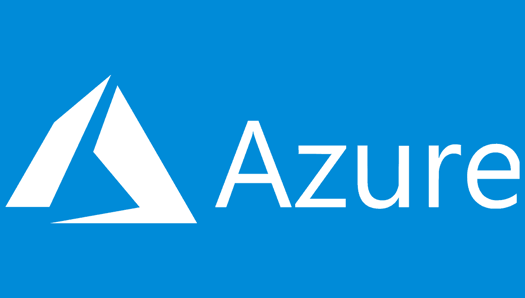

Devops
DevOps, or Development Operations, is a methodology that combines software development and IT operations to improve the software development life cycle. It aims to make software development faster, more efficient, and more secure.
DevOps is the combination of cultural philosophies, practices, and tools that increases an organization's ability to deliver applications and services at high velocity: evolving and improving products at a faster pace than organizations using traditional software development and infrastructure management processes.
Services:
Azure Kubernetes Service (AKS): A hosted Kubernetes service that helps developers build and deploy cloud-native apps
Azure Virtual Machines (VMs): Offers networking capabilities and services like virtual private networks (VPN), public and private IP addresses, and network security groups
Azure AI Foundry: A generative AI application development platform
Azure Cosmos DB: A multi-model database service that is distributed globally
Azure Virtual Desktop: A remote desktop service that combines the benefits of Azure and Microsoft 365
Course Duration: 45 days
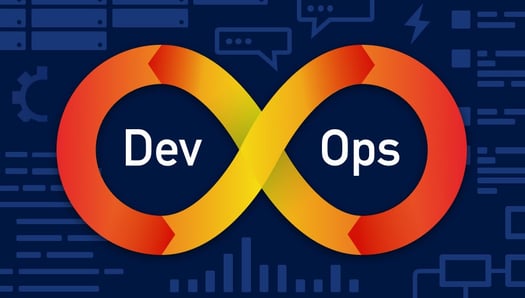

AIM Upskill Technologies
Empowering professionals through expert computer training & Development with Placement.
for more details contact
Academy
aimsoftwaretechnologiesvsp@gmail.com
9700029913
7989599972
© 2024. All rights reserved. AIM Upskill Technologies
Dwarakanagar Branch:
9700029913
9391699972
Gajuwaka Branch:
